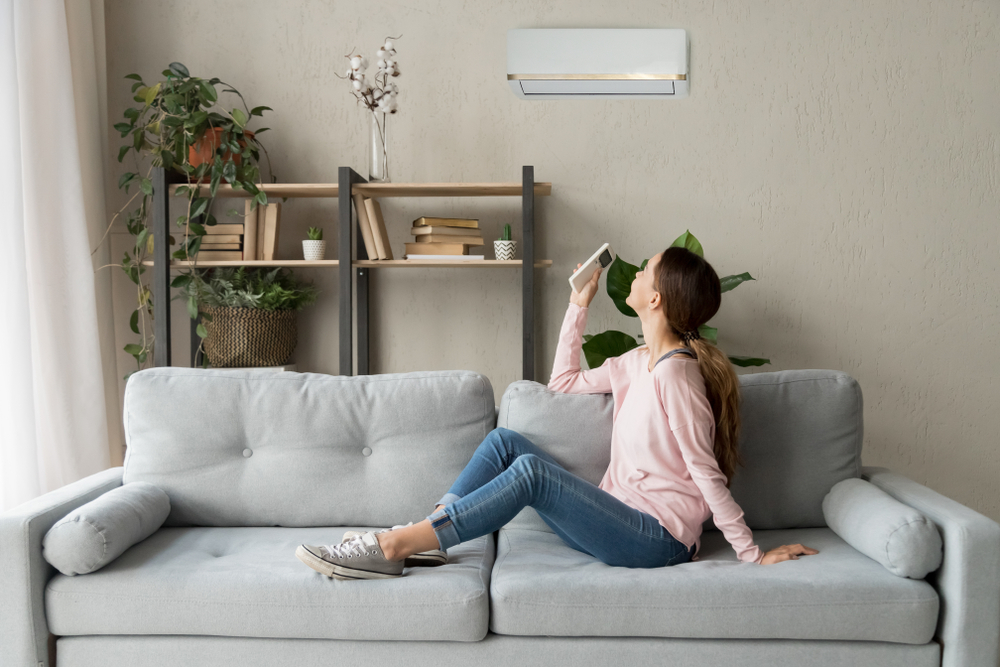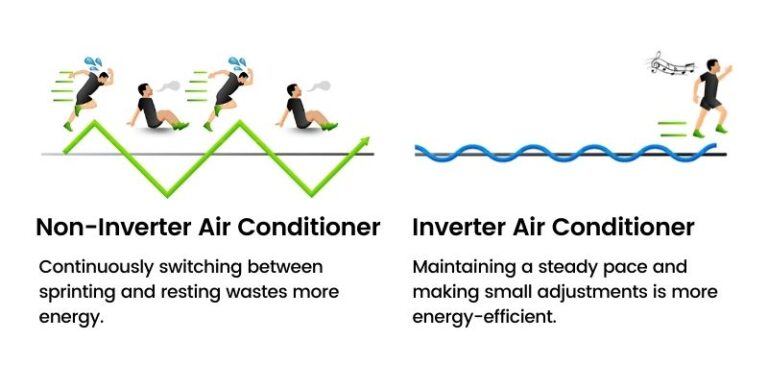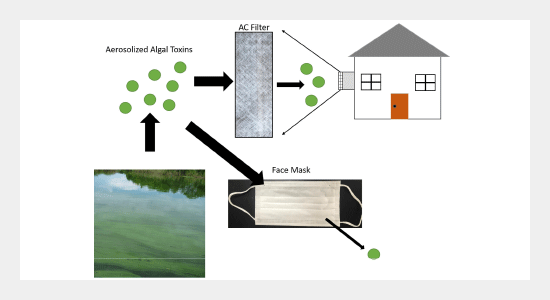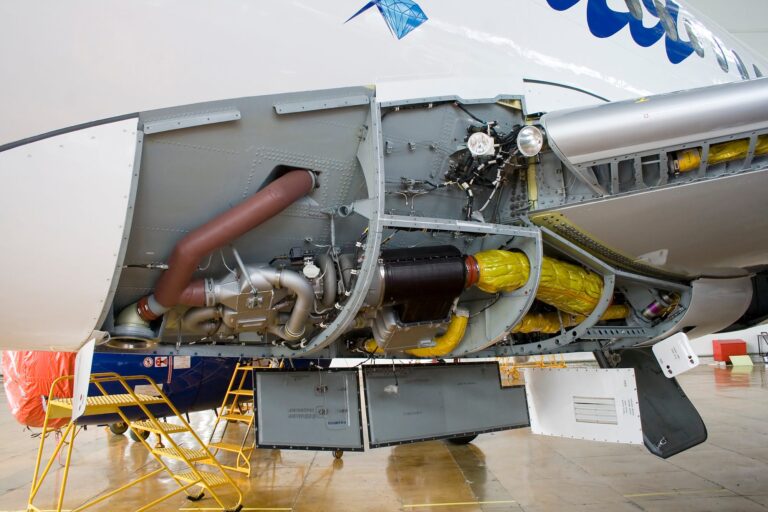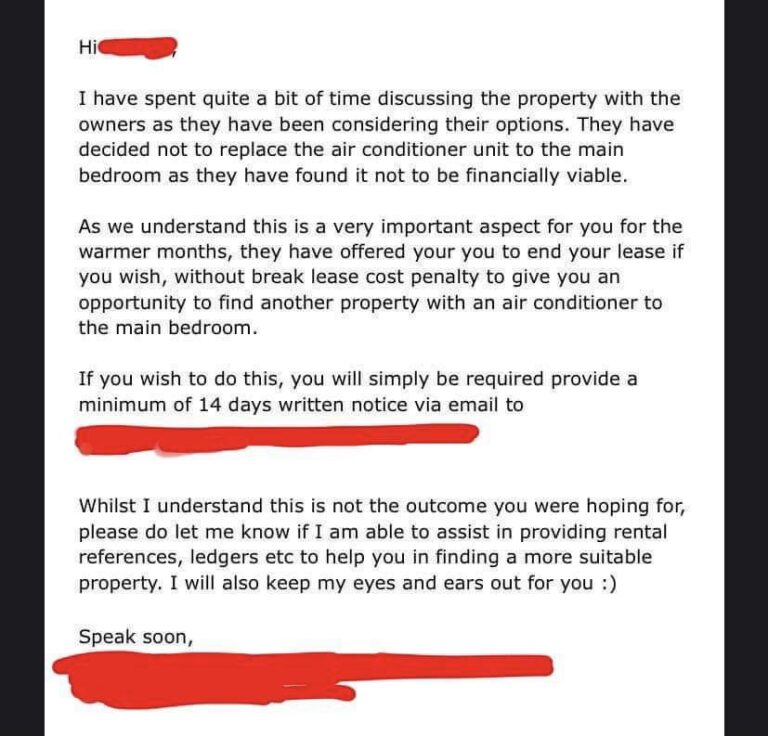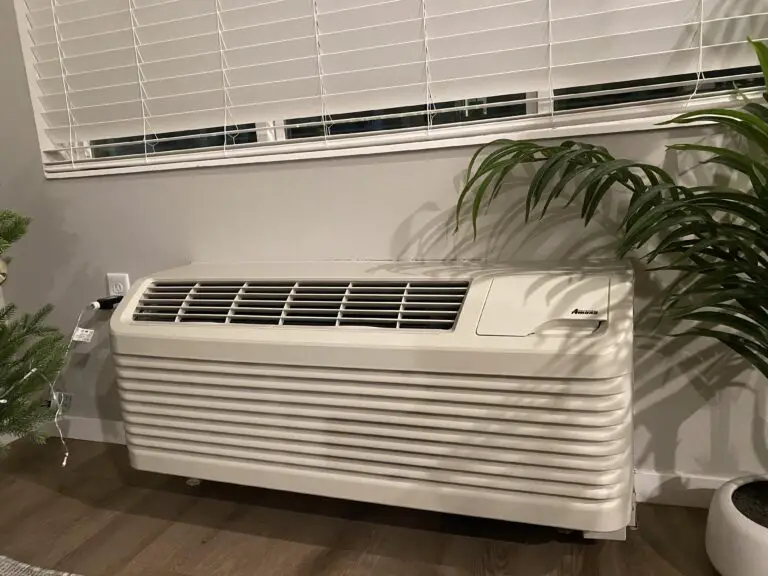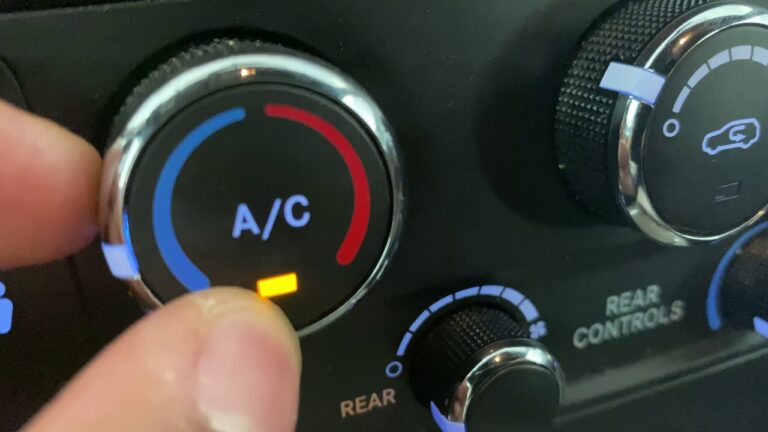How Long Should Air Conditioner Take To Cool House: Expert Insights
An air conditioner should take about 1-2 hours to cool a house by 10 degrees. This depends on various factors like the unit’s size, house insulation, and outdoor temperature.
Understanding how long it takes for an air conditioner to cool your home can help optimize its efficiency. Proper maintenance and ensuring the right unit size for your space are crucial. Factors like insulation quality, room size, and outdoor temperatures also play significant roles.
Regularly cleaning filters and checking for leaks will improve performance. Investing in energy-efficient models can reduce cooling times and energy bills. Keeping windows and doors closed during operation helps maintain the desired temperature. Knowing these aspects ensures a comfortable and energy-efficient cooling experience.
Credit: www.quora.com
Factors Affecting Cooling Time
Many factors impact how long an air conditioner takes to cool a house. Understanding these factors helps you optimize your cooling system. This section explores the most critical factors influencing cooling time.
Size Of The Air Conditioner
The size of the air conditioner plays a crucial role. An undersized unit struggles to cool your house. An oversized unit cools quickly but may leave humidity issues.
Use a table to determine the right size based on room size:
| Room Size (sq. ft.) | AC Unit Size (BTU) |
|---|---|
| 100-150 | 5,000 |
| 150-250 | 6,000 |
| 250-300 | 7,000 |
| 300-350 | 8,000 |
| 350-400 | 9,000 |
| 400-450 | 10,000 |
Select the right size for efficient cooling. Check your unit’s BTU rating against your room size.
Home Insulation
Home insulation greatly affects cooling time. Well-insulated homes retain cool air longer. Poor insulation lets cool air escape quickly.
Consider these factors for good insulation:
- Wall Insulation: Ensure walls have proper insulation.
- Windows: Double-glazed windows prevent heat entry.
- Attic Insulation: Insulate attics to block heat from above.
Insulating your home properly keeps it cool longer. This reduces the workload on your air conditioner.
Ideal Cooling Time
Understanding the ideal cooling time for your air conditioner can save energy and enhance comfort. Different factors influence how quickly your AC cools your home. This section explores the typical cooling times for different spaces.
Standard Room Size
A standard room size is about 200 to 400 square feet. For such rooms, an air conditioner should cool the space within 15-20 minutes. This time frame assumes the AC unit is properly sized and working efficiently. If it takes longer, check for issues like dirty filters or low refrigerant levels.
Larger Spaces
Larger spaces require more time to cool. For areas over 500 square feet, the cooling time can extend to 30-45 minutes. Ensure your AC unit’s capacity matches the room size to avoid inefficiency. Use ceiling fans to help circulate the air and reduce the cooling time.
| Room Size | Typical Cooling Time |
|---|---|
| 200-400 sq ft | 15-20 minutes |
| 500+ sq ft | 30-45 minutes |
- Check your AC unit size for efficiency.
- Keep filters clean to ensure optimal performance.
- Use fans to help circulate the air.
Impact Of External Temperatures
The time it takes for an air conditioner to cool a house depends on various factors. One of the most significant factors is the external temperature. Different weather conditions can affect how quickly your AC unit cools your home.
Hot Weather
In hot weather, your air conditioner has to work harder. High temperatures outside mean the unit must remove more heat from the inside. This process can take longer, making your home take more time to cool.
Here’s a quick look at how hot weather impacts cooling times:
- Increased Heat Load: More heat enters your home.
- Extended Cooling Time: Your AC runs longer to reach the desired temperature.
- Higher Energy Use: The unit consumes more power.
Below is a simple table showing the difference in cooling times:
| External Temperature | Cooling Time |
|---|---|
| 90°F (32°C) | 3-4 hours |
| 100°F (38°C) | 4-5 hours |
Mild Weather
Mild weather makes it easier for your air conditioner to cool your home. The AC unit doesn’t have to work as hard. This results in quicker cooling times and more efficient energy use.
Here are some advantages of mild weather:
- Reduced Heat Load: Less heat enters your home.
- Faster Cooling: The AC cools the house quicker.
- Lower Energy Consumption: The unit uses less power.
Consider this table to see how mild weather affects cooling times:
| External Temperature | Cooling Time |
|---|---|
| 70°F (21°C) | 1-2 hours |
| 75°F (24°C) | 2-3 hours |
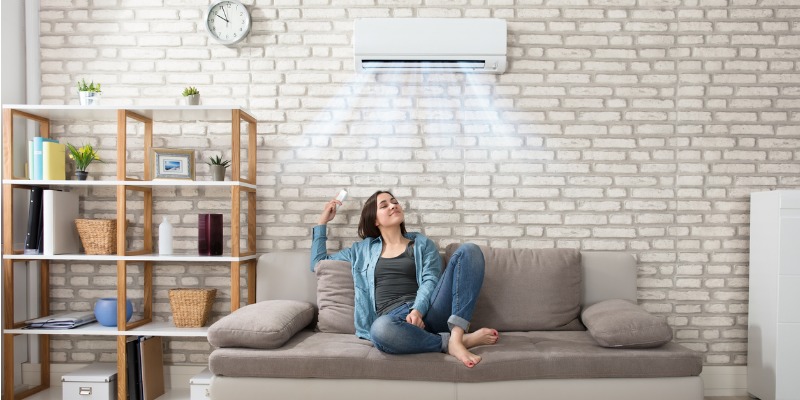
Credit: www.dandbclimatecare.com
Air Conditioner Efficiency
Understanding air conditioner efficiency is crucial for a comfortable home. Efficiency affects how quickly your AC cools your house. It also impacts energy consumption and costs.
Energy Ratings
Energy ratings tell you how efficient an air conditioner is. The SEER (Seasonal Energy Efficiency Ratio) is a common rating. A higher SEER means better efficiency. Look for units with a SEER of 14 or higher.
Another important rating is the EER (Energy Efficiency Ratio). This measures cooling efficiency at a specific temperature. Higher EER values indicate better performance in hot conditions.
Check the Energy Star label on your unit. This label ensures the unit meets strict efficiency guidelines.
Maintenance Tips
Regular maintenance keeps your AC running efficiently. Here are some tips:
- Change the air filter every 1-3 months. A clean filter improves airflow and efficiency.
- Clean the condenser coils annually. Dirt and debris reduce efficiency.
- Check the refrigerant levels. Low levels can cause the unit to work harder.
- Inspect the thermostat. Make sure it’s working properly.
- Seal duct leaks. Leaks can waste energy and reduce cooling.
Consider a professional tune-up once a year. This ensures all parts are in good condition.
| Maintenance Task | Frequency |
|---|---|
| Change Air Filter | Every 1-3 Months |
| Clean Condenser Coils | Annually |
| Check Refrigerant Levels | Annually |
| Inspect Thermostat | Annually |
| Seal Duct Leaks | As Needed |
Following these tips can improve your air conditioner efficiency and reduce energy bills.
Common Issues
Your air conditioner should cool your house quickly. If it doesn’t, there might be problems. Here are some common issues to check.
Low Refrigerant Levels
Refrigerant is essential for your air conditioner. It helps cool the air. If the refrigerant level is low, your AC will struggle. It might take longer to cool your house. Signs of low refrigerant include:
- Warm air from vents
- Hissing or bubbling noises
- Ice buildup on the unit
If you notice these signs, call a professional. They can check and refill the refrigerant.
Dirty Filters
Dirty filters can cause your AC to work harder. This makes cooling your house slower. Replace or clean the filters regularly. It helps improve air flow and efficiency.
Here’s a simple table to know when to change filters:
| Filter Type | Change Frequency |
|---|---|
| Standard Filters | Every 1-3 months |
| HEPA Filters | Every 6-12 months |
| Permanent Filters | Clean every month |
Check your filters monthly. Replace or clean them as needed.
Optimizing Cooling
Optimizing the cooling of your home ensures comfort and energy efficiency. Proper settings and tools make a significant difference. Let’s explore how to achieve optimal cooling.
Thermostat Settings
Set your thermostat to 78 degrees Fahrenheit for the best cooling. This setting balances comfort and energy savings. Lowering the temperature further increases energy use. Programmable thermostats can help maintain this setting. They adjust temperatures automatically based on your schedule.
Using Ceiling Fans
Ceiling fans enhance your AC’s efficiency. They circulate cool air throughout the room. Set fans to rotate counterclockwise in summer. This creates a wind-chill effect, making you feel cooler. Use ceiling fans in occupied rooms only. Turn them off when you leave to save energy.
Combining fans with your AC system can reduce cooling costs. Fans allow you to set the thermostat higher. This can lead to significant energy savings.
Expert Tips
Understanding how long an air conditioner should take to cool your house can be tricky. There are several factors to consider for efficient cooling. Here are some expert tips to ensure your air conditioner works optimally.
Regular Servicing
Regular servicing of your air conditioner is crucial. Ensure you schedule maintenance checks at least twice a year. Clean filters are essential for proper airflow. A dirty filter can slow down cooling. Technicians also check for refrigerant levels. Low refrigerant can reduce cooling efficiency. Additionally, they inspect the thermostat for accuracy.
| Service Task | Frequency |
|---|---|
| Filter Cleaning | Every 3 months |
| Refrigerant Check | Twice a year |
| Thermostat Check | Twice a year |
Choosing The Right Unit
Choosing the right air conditioner unit is essential. The unit should match the size of your home. A small unit will struggle to cool a large space. A large unit will waste energy. Consider the British Thermal Units (BTUs). BTUs indicate cooling capacity. Here is a simple guide:
- Small Rooms (100-300 sq ft): 5,000-7,000 BTUs
- Medium Rooms (300-600 sq ft): 8,000-12,000 BTUs
- Large Rooms (600-1,000 sq ft): 14,000-18,000 BTUs
Also, look for energy-efficient models. Energy Star-rated units consume less power. They save on electricity bills. Modern units also have smart features. These features include programmable thermostats and remote controls. Smart features can enhance comfort and save energy.
When To Seek Professional Help
Sometimes, your air conditioner may take longer to cool your house. This can be a sign of a problem. Knowing when to call a professional can save you time and money.
Unusual Noises
If your air conditioner makes strange noises, it could be a problem. Listen for sounds like grinding, banging, or hissing. These noises can mean parts are worn out or broken. Call a technician to inspect the unit.
A professional can find and fix the issue quickly. Ignoring these sounds can lead to bigger problems. Don’t wait until it’s too late.
Persistent Cooling Problems
If your home stays warm, even with the AC on, seek help. This could mean several things. It might be low refrigerant, a dirty filter, or a broken compressor.
Here are some signs of persistent cooling problems:
- Warm air blowing from vents
- Inconsistent temperatures in different rooms
- AC runs constantly without cooling
A professional can diagnose and fix these issues. They have the tools and knowledge to get your AC working again. Don’t let your home stay uncomfortable. Get help right away.
Regular maintenance can prevent these problems. Schedule yearly check-ups with a licensed technician. This keeps your air conditioner running smoothly and efficiently.
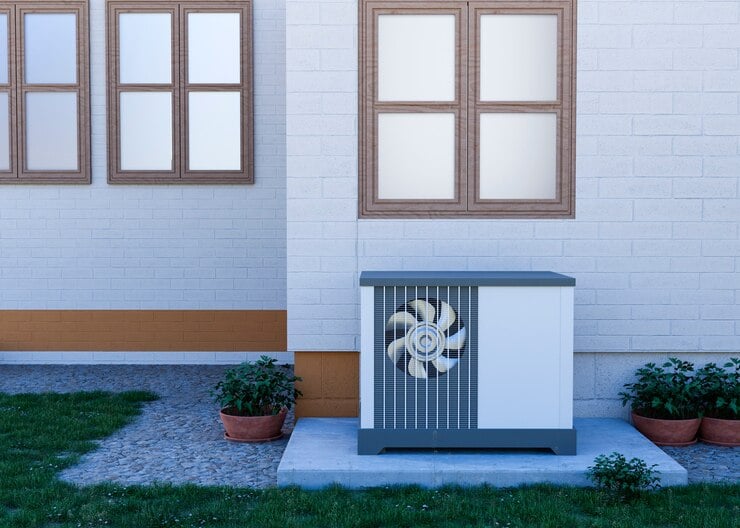
Credit: learn.sensibo.com
Frequently Asked Questions
How Long Should It Take To Cool A House From 80 To 72?
Cooling a house from 80 to 72 degrees typically takes 2 to 4 hours. Factors like insulation, HVAC efficiency, and outdoor temperature can affect this. Ensure regular maintenance of your HVAC system for optimal performance.
How Quickly Should My Ac Cool My House?
Your AC should cool your house by 1-2 degrees every 15-20 minutes. Ensure proper insulation for optimal performance.
How Long Should It Take An Ac Unit To Cool 1 Degree?
An AC unit typically takes 15-20 minutes to cool a room by 1 degree. Factors like room size and insulation can affect this.
Conclusion
Understanding how long your air conditioner should take to cool your house is essential. Regular maintenance and proper sizing are key. Ensure your unit is efficient to save energy and money. By following these tips, you can enjoy a comfortable and cool home during hot seasons.
Stay cool and enjoy your space!

